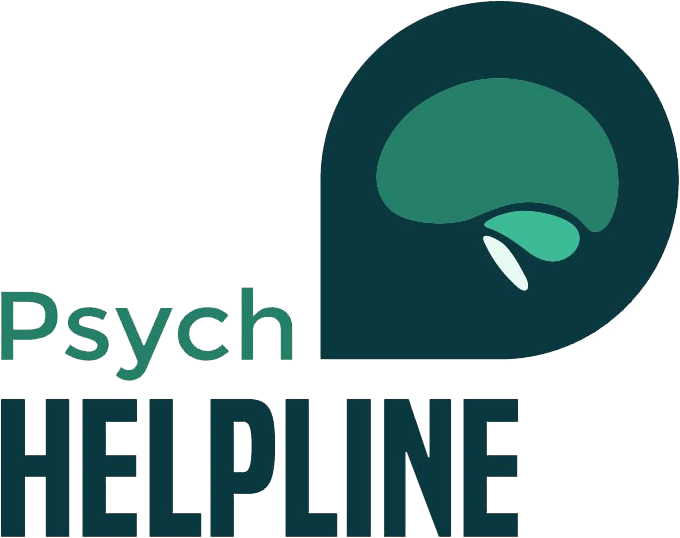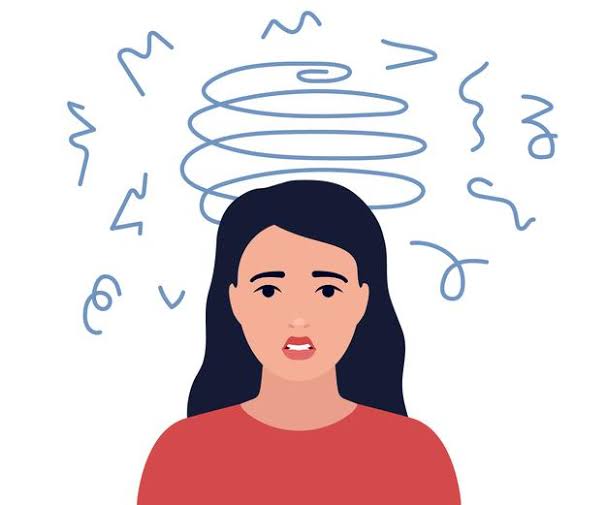Table of Contents
Brain fog anxiety is a concept generally new to the masses as people often relate anxiety with a feeling of haste and irregular mobility. Meanwhile, dizziness is also a leading symptom of an underlying anxiety disorder. People struggling with psychological dysfunctionalities like a General anxiety disorder, depression are more prone to lacking mental clarity most of the time. This is how a sufferer describes her ordeal with anxiety-induced brain fog;
“The first time it happened I was standing in the middle of a conference room. While elaborating on a work-related assignment to my team members I suddenly started experiencing a sense of lightheadedness or wooziness. Within minutes I immediately lost control of what I was thinking or what was coming out of my mouth. This inability to talk was partnered with the constant feeling of motion or spinning in the environment around me. It’s fair to say, that I felt as if the room around me was swaying even though I was standing still. Soon, it became a pattern during work hours and I realized it had something to do with my GAD.”
This dysfunctionality can strike you during particularly casual moments; it can occur mid-conversation with a close friend or during an important client meeting. Sufferers are often unable to collect their thoughts and trace back to exactly what they said a minute ago. So, if you’ve been experiencing dizziness or a foggy brain for a while you might want to know if anxiety is a significant reason behind it.
Brain Fog Anxiety: A Brief Discourse
An unusual feeling of fogginess is a common occurrence among most if us but it’s not meant to be mistaken as permanently anxiety-induced brain fog. You’ll often find yourself reading a paragraph from your book but unable to tell what exactly you understood. It’s pretty casual while on the other side of the spectrum longer periods of ‘brain fog’ often render you incapable to function. Consequently, it’s much more severe and nothing to be taken as lightly as a common feeling of dizziness.

Exhaustion is something that isn’t only experienced by our body, some times our mind needs to catch a break as well. Once chronic anxiety takes over your mind it can not only trigger other mental ailments or weaken your immune system it can also induce mental fatigue.
Whether you’re constantly working about an important client meeting or your annual CGPA, constant worrying will ultimately eradicate any sense-making skills you’ve left in your mind. Once your brain begins to get exhausted, it automatically shuts off cognition receptors that are responsible for critical decision-making skills. People experiencing brain fog anxiety often complain about;
- Feeling lightheaded
- Inability to answer questions abruptly
- Bad memory
- Finding it difficult to focus
- Lack of motivation
- Lack of mental clarity
- Constant feeling of haze
- Inability to grasp other people’s thoughts
- Forgetting some common answers
- Inability to balance
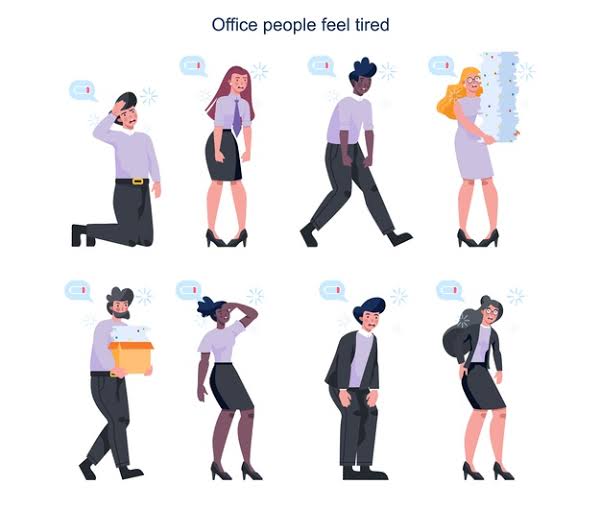
Sometimes brain fog anxiety is a bit more severe and can permanently interfere in your personal life and professional career. You’ll start finding yourself struggling while answering the simplest questions. That’s exactly your take to understand that now’s the time to seek immediate medical assistance. We depend on our decision-making skills on every step we take so if you experience foggy thoughts or mental fatigue you’ll practically lose control over everything. As grueling as this condition might seem it doesn’t have to be a permanent part of your life. With certain lifestyle fixations and therapy programs, you can tackle brain fog and completely eradicate it from your life.
How do you get rid of brain fog?
To get rid of any tumultuous ailment, it’s necessary to first and foremost identify the cause behind it. There can be multiple causes behind a Brain fog which is why a correct diagnosis is an absolute necessity before proceeding with the cures. Apart from anxiety some of the many other causes of brain fog include;
- Over the top sugar consumption
- Insomnia or any other sleep disorder
- Nutritional lackings
- Thyroid ailments
- Anemia
- Dehydration
- Alzheimer’s disease
- Depression
These multiple causes go on to prove how you cannot solely label anxiety as the leading cause if you struggle with a foggy brain recurrently. Once you identify anxiety as the leading cause behind your foggy brain activity the next step is to look into various practices that can save you from further deterioration.
Blood Tests And MRI
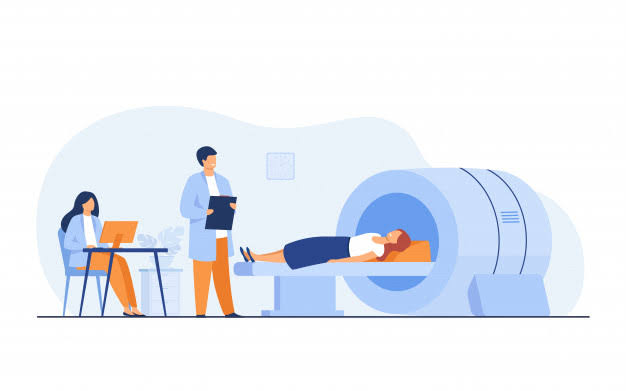
For the sake of a proper diagnosis, your physician must conduct some necessary tests. A blood test conducted on someone struggling with a foggy brain can lead to the actual culprit. The results might indicate underlying issues like; a nutritional deficiency, poor organ functioning, irregular glucose levels, anemia etc. Once the situation’s made perfectly clear you can work on that particular underlying issue through proper treatment and get rid of brain fog.
Stress Management

Whether it’s your career or education-based aspirations everything can be a little too much every once in a while. The stressful environment of an official space or any other stressor directly impacts the way your brain functions. The calmer, collected, and less anxious you feel the more exceptional your decision-making skills are. That’s because your cognitive abilities are much sharper when you’re relaxed and looking forward to something instead of worrying about something else.
Take part in calming activities that seem to relax you and take your mind off stressors. Meditative practices like yoga are a great way of relaxation. Furthermore, one can also attend professional stress management classes to gain an extra helping hand for your long journey towards mental peace. Some of the many activities that can help you keep anxiety-induced brain fog at bay are;
- Recreational gardening
- Hiking
- Watching a comedy film
- Playing a video game
- Going out with a loved one
- Reading a new book/Joining a book club
A Healthy Sleep Cycle

Whether you’re staying up all night to complete your final dissertation or to binge-watch episodes of your favorite Netflix series brain fog is bound to strike. Keeping a healthy sleep cycle is an absolute necessity for those that already struggle with anxiety or any other cognitive dysfunctionality. If you’re prone to staying up all night and providing zero rest to your cognitive abilities your mind’s bound to brain fart during the day. So, stick to a schedule by deciding reasonable resting hours for yourself during the night.
Learn When To Stop

It’s understandable if you wish to take a few hours off at the nearest pub just to take the edge off during the weekends. But, you must remember when to hold your hand back. Alcohol can obviously turn your brain foggier than it’s ever been and an unusual amount of alcohol consumption can result in a foggy brain for hours and hours. Similarly, keep those caffeine levels in check as well otherwise you won’t be able to sleep at night and would struggle to keep your thoughts aligned during the day.
Medication Can Be A Culprit
Some particular kinds of drugs may result in brain fog. In that particular case, patients must consult their doctor before things take a turn for the worse. Most of these medications are usually antidepressants, anticholinergic drugs, antihistamines, or other anti-anxiety medications that are supposed to provide relaxation.

Although it’s the purpose of the drug to keep the taker calm for a few hours, effects can still prevail for longer intervals resulting in improper brain functionality. For someone who’s spent a fair share of time with anti-anxiety medications, it’s hard to make particular decisions due to a lack of proper attention during that sleep-like stage. So, if your thoughts and brain functionality seem to be too jumbled up nowadays consult your doctor as soon as possible.
Psychological Assistance

No other method enlisted here is as great as seeking professional help to reduce anxiety. As discussed earlier, undermining anxiety can be a big cause of brain fog so seeking psychological assistance can put a stop to brain fog. Studies show how after a few months of psychotherapy patients can start noticing significant improvements. As your anxiety levels lower down with CBT, your brain will start becoming a bit less foggy. Hence, you’ll be able to grasp concepts more clearly after just a few sessions.
Acupuncture And Frequent Hydration

Dehydration is amongst the leading causes of a foggy brain. When you fail to consume enough water your body induces more of a physiological response to that particular lacking on your end. It is one of the reasons why you experience more dizziness on hot summer days as compared to winters. So, to avoid that particular kind of foggy-ness consume a decent amount of water every day.
Another great way if reducing anxiety induce brain fog is Acupuncture. This is a technique that’s being carried out by professionals for ages and has been proven to have many amazing results. During acupuncture, very thin needles are inserted through a person’s skin at specific points only known to a professional acupuncture therapist.
FAQs
Is brain fog a permanent or a temporary condition?
It’s impossible to place every person’s debilitating condition in a single box. That’s because sometimes the underlying issues causing brain fog are more severe in certain cases as compared to other cases. For Instance; a person struggling with insomnia-related brain fog can get rid of it much quicker than someone with a general anxiety disorder. So, yes It’s fair to say that sufferers always have hope if they plan to seek immediate assistance instead of ignoring their symptoms.
How to get rid of brain fog quickly?
You can adopt the following healthy habits and return to normalcy at a faster pace;
- Take a break mid-activity
- Eat Well
- Seek therapy to control stress levels
- Evaluate your medication
- Prioritize your mental health
- Find a source behind dizziness
- Cut down alcohol and caffeine
- Don’t stay up till late
Which essential nutrients are great for a foggy brain?
The inclusion of essential nutrients in your diet is an absolute necessity but if you fail to achieve that you can always ingest supplements. Supplements that have essential nutrients like Gamma Oryzanol, L-Theanine, Ginseng Extract, and Vitamin E DL-Alpha-Tocopheryl Acetate need to be on your checklist. These essential nutrients cut down stress, anxiety, and hypertension levels while regulating brain activity at the same time.
Which dietary inclusions help get rid of anxiety?
One cannot control anxiety levels simply by adopting new dietary habits but at the same time, it’s a helpful initiative. Some great food items that can help lower down the irregular amount of anxiety are; dark chocolate, green tea, chamomile tea, salmon, yogurt, cabbage, berries, etc. You can include these items in your diet while continuing anti-anxiety medication and professional help for better results.
How does brain fog get diagnosed?
If a patient constantly experiences dizziness and wooziness during the day doctors can conduct blood testing and an advanced MRI to diagnose Brain Fog. A professional diagnosis through rigorous testing can even help you identify the contributing root factors behind the brain fog your experience.
Final Words
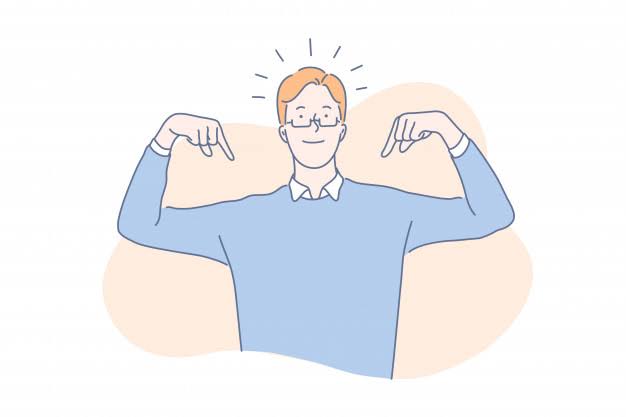
If you know someone who struggles with a similar issue you might notice their confidence level plummeting down. When a person becomes unable to focus on anything even after trying pretty hard they’re bound to feel stupid. It can be quite frustrating and might be interpreted as a sign of declining intellect. So, you must not let brain fog erode your self-esteem or confidence. There’s an underlying ailment responsible for the irregularities you’re facing and it has nothing to do with your intellectual abilities. Furthermore, seeking immediate relief through proper tackling skills can help you return to normalcy pretty quickly. You can revive your mental clarity by lowering down anxiety levels and not neglecting any visible symptoms. Remember the first step towards rehabilitation is recognizing the problem.
